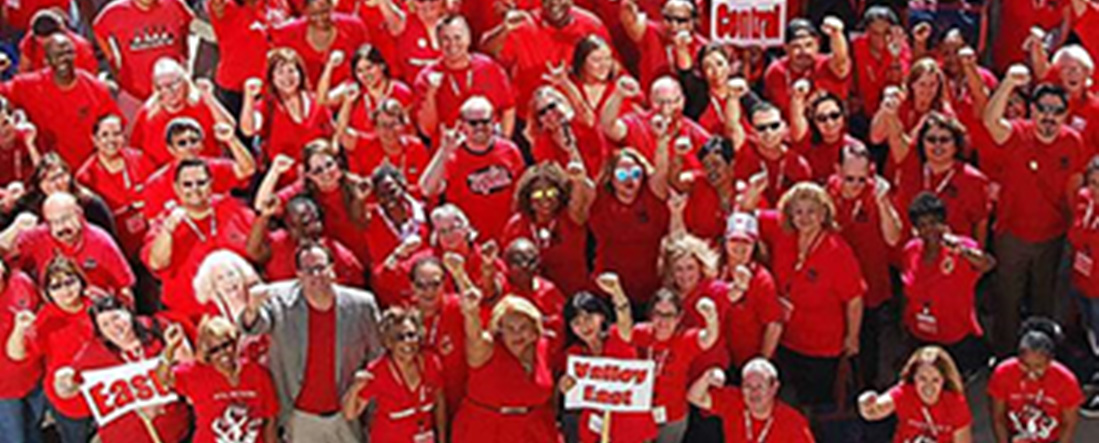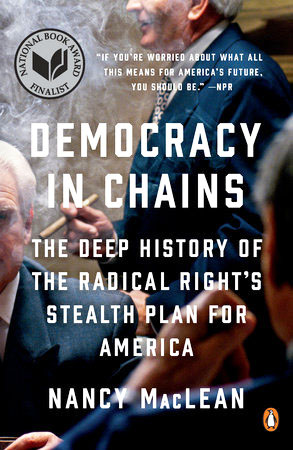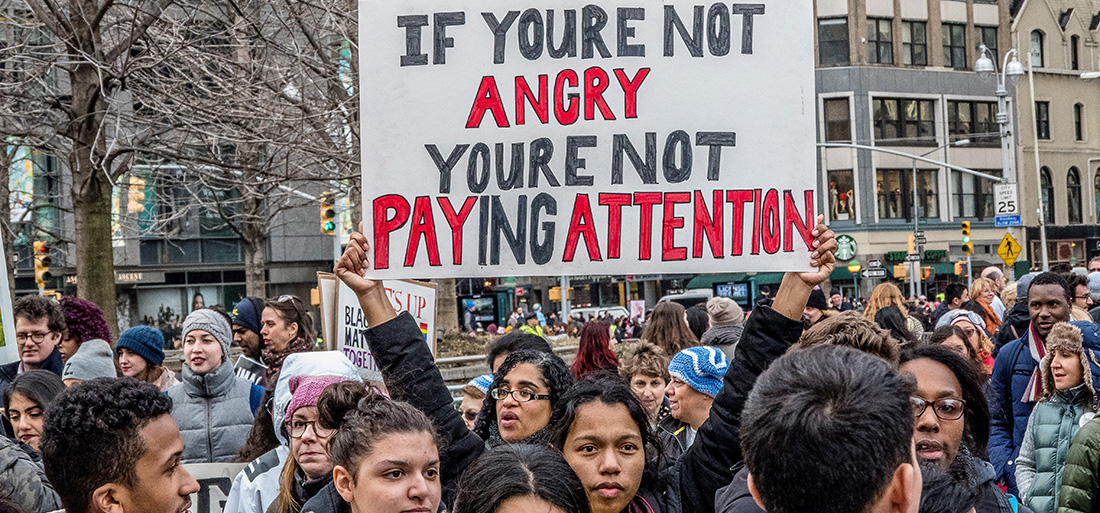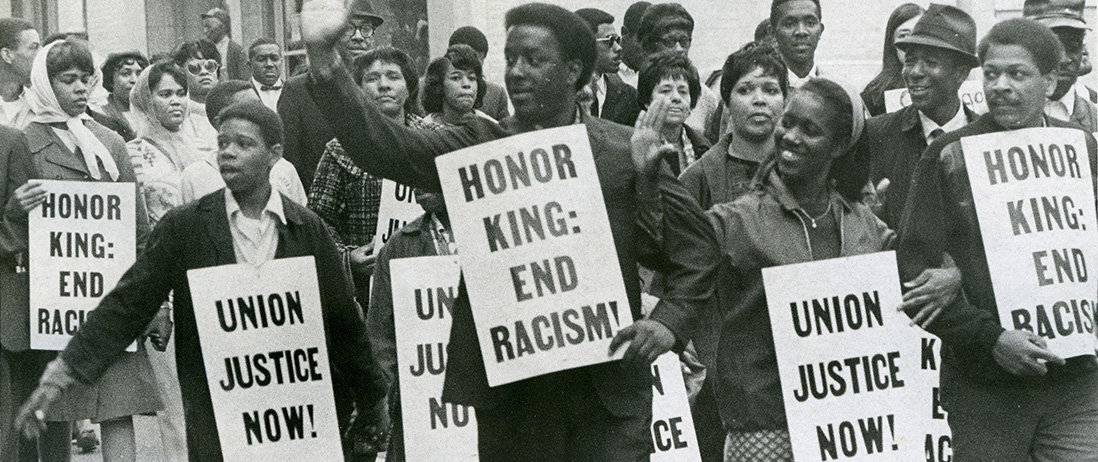 Review Essay: Are Strikes Over?— Kim Moody
IN HIS LIVELY and engaging book Riot. Strike. Riot, Joshua Clover presents a unique (and avowedly Marxist) argument for why he thinks employed workers are less likely to be the source of social upheaval and why, he argues, riots are replacing strikes as the major expression of social revolt in today’s turbulent capitalism. There is a lot of interesting and original material in this book. Much of what Clover says about the turbulence of contemporary capitalism and even its apparent slowing down is on the money, even if one disagrees with some specifics of his analysis. More than that, he points to a rise in social struggle, a promise that everyone on the left is certain to relish…. |
|
 (Adapted from Infographic, Hattie Lee, Colorlines)
Immigration: The Public Charge Rule— Emily Pope-ObedaSINCE THE 19TH century, federal immigration policy has centered on determining which immigrants are “desirable” or “beneficial” to the nation. The “dependent” immigrant has been one of the most contested subjects in immigration policy across American history. In thousands of individual cases, the meaning and boundaries of the category “likely to become a public charge” and the accompanying “becoming a public charge within five years of entry” have been fiercely debated. Although it has received less attention in recent years than immigration control around rationales of crime or unauthorized border crossing, the use of the immigration bureaucracy to police poverty and dependency among foreign-born residents has been an enduring feature of the state…. |
Can a Minority Overthrow the Majority?— Dianne Feeley
 THERE IS A growing understanding about the radical liberatarians’ links and operational methods. Many of us are now aware of ALEC (American Legislative Exchange Council) and how it shapes model laws that are then introduced into various state legislatures. These are designed to restrict voter rights, curtail teachers’ union rights to negotiate their working conditions or limit access to birth control and abortion. Nancy MacLean’s Democracy in Chains: The Deep History of the Radical Right’s Stealth Plan for America traces the construction of this ideology and its methods. She begins in mid-1950s Virginia, as its elites react to Brown v. the Board of Education…. |
 (Credit: Fred Murphy)
Marx for Today: A Socialist-Feminist Reading— Johanna BrennerCONSIDERING HIS WORK as a whole, Marx had little to say directly about women’s oppression or the relationship between patriarchy and capitalism. And some of what he had to say was, well, misguided. Yet Marxist feminists have drawn on his thought to create a distinctive approach to understanding these issues. Marxist feminists begin, where Marx does, with collective labor. Human beings must organize labor socially in order to produce what we need to survive; how socially necessary labor is organized, in turn, shapes the organization of all of social life. In The German Ideology, Marx articulated this foundational starting point:… |
 MLK: To the Promised Land— Charles Williams interviewing Michael HoneyMichael K. Honey is the author of the new study, To the Promised Land: Martin Luther King and the Fight for Economic Justice, to be published on the 50th anniversary of King’s April 4, 1968 assassination. He was interviewed by Charles Williams of the Against the Current editorial board. Their discussion of Michael Honey’s earlier book Going Down Jericho Road appeared in ATC 132. Against the Current: What is the significance of calling this book To the Promised Land? Michael Honey: I wanted to present a different view of Martin Luther King, Jr. that focuses on his lifelong quest for economic justice for working and poor people. He said that the civil rights movement and the voting rights struggle were…. |
